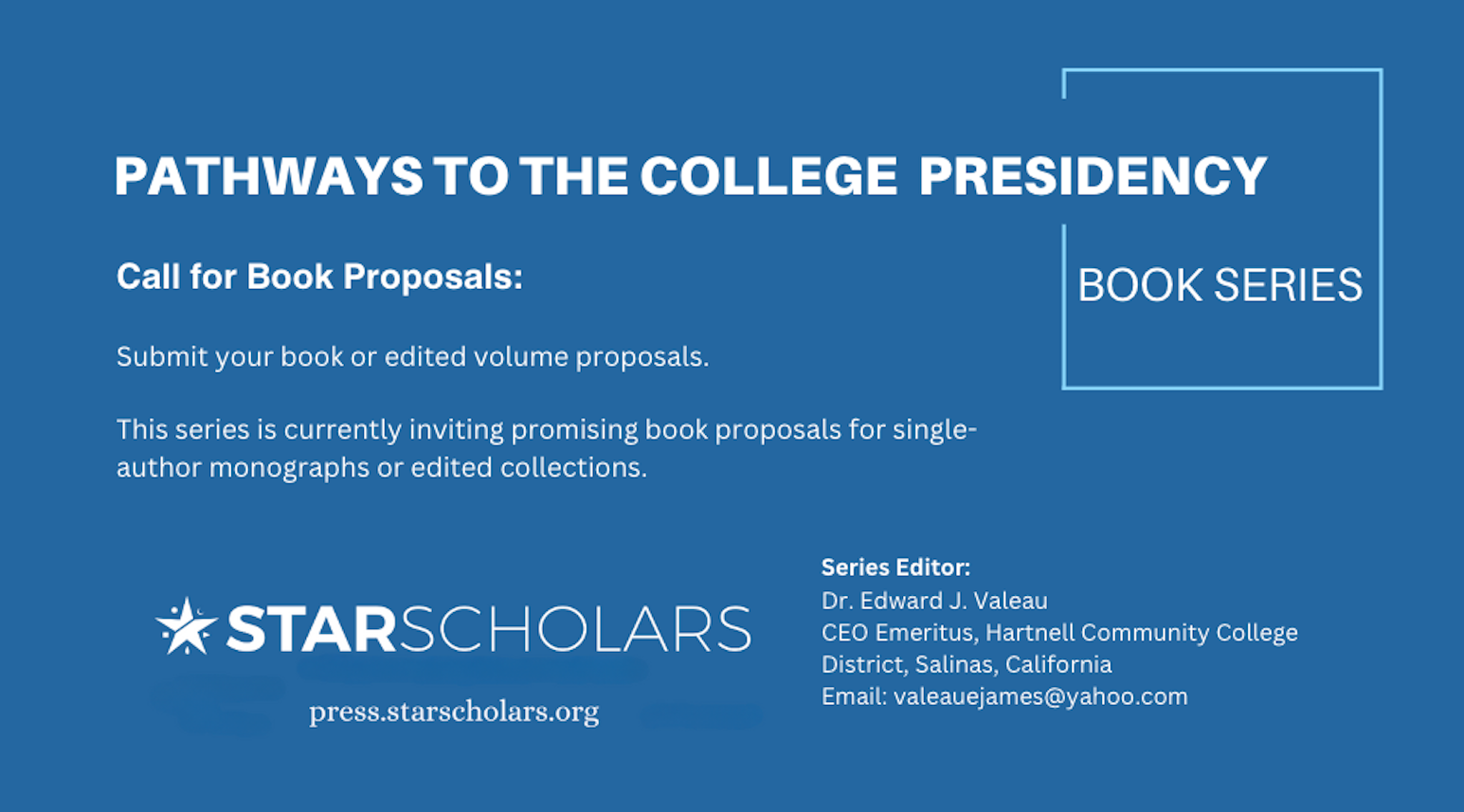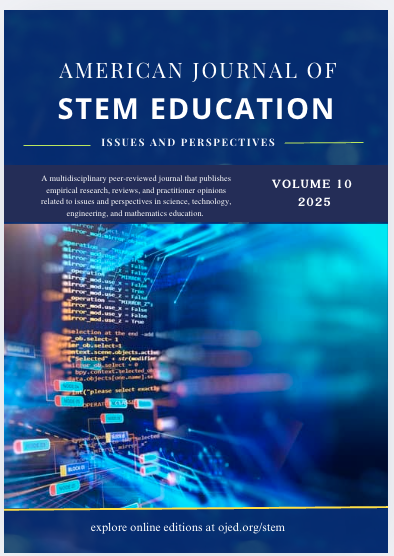Cognitive dissonance in university choice among graduate students
DOI:
https://doi.org/10.32674/Keywords:
Cognitive dissonance, consumer-organization identification, graduate students, perceived service quality, university choiceAbstract
In the context of higher education, students face a critical and often irreversible purchasing decision, leading to significant post-purchase evaluation and potential cognitive dissonance. This study investigates the impact of perceived service quality dimensions academic aspects, non-academic aspects, reputation, access, and program issues alongside consumer-organization identification on cognitive dissonance among graduate students. Employing an exploratory and descriptive research design, primary data were collected from 294 respondents through a structured questionnaire. The analysis utilized the Statistical Package for Social Science (SPSS), applying descriptive and inferential statistics, including correlation and regression analyses. Key findings indicate that all five dimensions of perceived service quality significantly negatively influence cognitive dissonance, with academic aspects exerting the most substantial effect. Furthermore, consumer-organization identification was found to have a greater impact on cognitive dissonance than overall perceived service quality. These insights underscore the importance of service quality in mitigating cognitive dissonance in university selection processes.
Downloads
Published
Issue
Section
License
Copyright (c) 2024 Interdisciplinary Journal of Innovation in Nepalese Academia

This work is licensed under a Creative Commons Attribution-NonCommercial-NoDerivatives 4.0 International License.
Upon publication articles are immediately and freely available to anyone, anywhere, at any time. All published articles are licensed under a Creative Commons Attribution-NonCommercial-NoDerivs 4.0 Unported License. All articles are permanently available online. The final version of articles may be posted to an institutional repository or to the author's own website as long as the article includes a link back to the original article posted on OJED.






